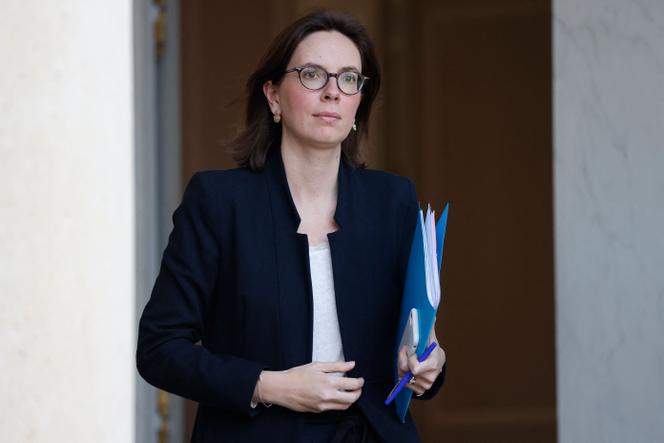


Bringing France's retirement age back down to 62 is "not realistic," a government minister said on Monday, March 17, rejecting pleas from the left and unions. Centrist Prime Minister François Bayrou in January pledged to reopen talks on a deeply unpopular 2023 pensions reform, in an apparent bid to avoid the left helping to vote him out of office.
Unions and syndicates have started to review the reform, which notably includes a gradual increase in the retirement age from 62 to 64. But the government has indicated in recent days it would not budge on the reform's flagship change.
"Retiring at 62... is just not realistic," Budget Minister Amélie de Montchalin said on Monday.
Since Bayrou's promise, US President Donald Trump has taken office and radically changed US policy towards Europe, including on the Ukraine war sparked by Russia's 2022 invasion. France is ramping up its defense budget, sparking fears on the left that this will take a toll on social spending.
Former premier Edouard Philippe, who hopes to run in the 2027 presidential elections, on Friday said the ongoing pensions talks had become totally "outdated" in view of international tensions. Bayrou in an interview on Sunday retaliated that speaking to unions was important. But asked if backtracking to retirement at 62 would be possible in the current context, the prime minister said "no."
Unions and syndicates started meeting once a week on February 27 to discuss possible tweaks to the pensions reform, and are to continue doing so until the end of May. Bayrou's critics on the hard left and far right have criticized what they say is the prime minister having de facto put an end to the consultations. But Finance Minister Eric Lombard insisted it was still up to those involved in discussions to "decide" what would be best.
